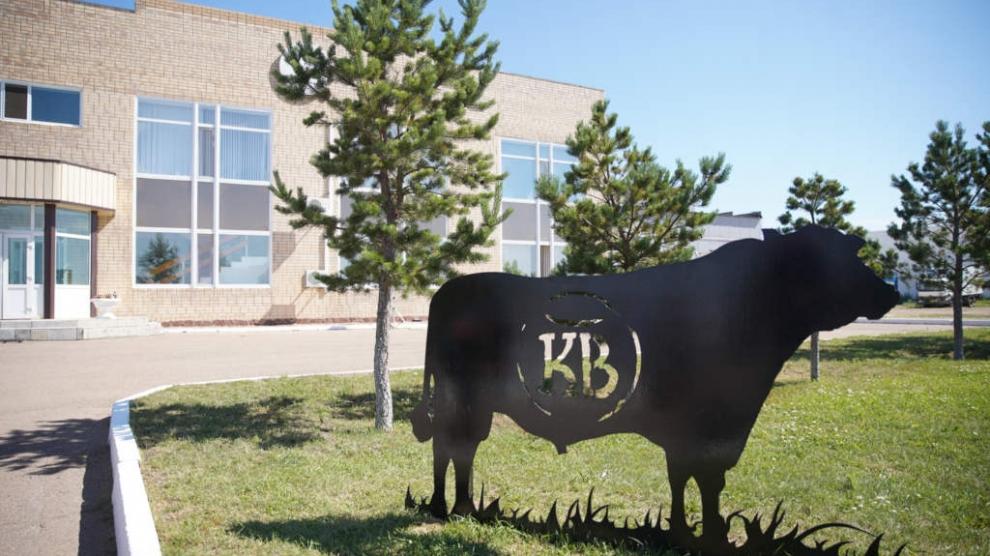
2019-11-18 15:27:00
Kazakhstan is heading towards the front of the emerging economies pack.
As business leaders gather in Paris for the Fortune Global Forum today [November 18], there will be no shortage of pressing issues for them to get their teeth into: from effective 21st century leadership to innovation and the challenges of sustainable growth. But amidst these vital discussions, top executives will be keeping a keen eye on the emerging economies that will shape the coming century. Of the group of developing middle-income economies jostling for position, one country’s recent economic success stands out. Kazakhstan is differentiating itself from the rest through innovation, attracting international investors and heading towards the front the pack. Global business leaders can’t fail to take notice.
Kazakhstan shifting gears
Since independence, Kazakhstan’s economy has been largely dependent on the extractive sector, which has created some noteworthy long-term partnerships. Indeed, mining and oil and gas continue to account for half of government revenues and more than two thirds of Kazakh exports. But looking to the future, a policy of greater economic diversification is now in order, as Kazakhstan continues to stabilise and grow its economy.
Many have recognised that building an economy dependent on natural resource extraction fails to offer Kazakhstan a sustainable long-term economic future. An OECD report emphasised the point just last year, concluding that “diversification is a priority for long-term, inclusive, and sustainable growth in Kazakhstan.”
However, such a transition cannot happen overnight. It requires policymakers and business leaders to work hand-in-glove and develop an approach characterised by a broad range of high-growth, high-skilled and high-quality industries. I am pleased to see this collaborative approach starting to fall into place, particularly in areas that can benefit lower-income rural communities.
Kusto Group targets an agricultural revolution
At Kusto Group, we believe high value-added export-based agriculture is the place to start. Kazakhstan is the ninth largest country in the world by geographic area and has all the ingredients for agricultural success. Its vast expanses of rich, fertile arable land coupled with an attractive geostrategic position leave it well-placed to cater to growing demand in Russia and China and the countries of the Middle East – I even believe we can become a major food provider to Europe. For this vision to work, a technology-heavy, high yield agriculture sector has the potential to create even more growth and prosperity than oil and gas.
Today Kusto Group has identified the livestock industry as a key growth market for Kazakhstan. We believe that natural, high quality meat production is the type of export-based agriculture that can be a game-changer. The nearby export markets, in particular, offer a wealth of potential consumers. More than a decade ago, KazBeef, a vertically-integrated meat production company was founded, to pursue these ambitions and although the journey has not been a short one, today I am confident that our superior products will succeed.
But if this transition is to be sustainable, we know that innovation will be key. Not innovation for innovation’s sake, but with a clear purpose. In a global market, producing and exporting new goods and services requires comparative advantage. A holistic view that takes into account vertical integration has allowed us to introduce innovative technology and best practices at each step of the value chain, from pasture to packaging. We have also imported world-class genetics from Angus and Hereford cattle breeds.
Innovation: learning from the best
At Kusto, we are convinced of the value of partnerships and sharing best practices. Over the past 12 months, we have inked a series of investment partnerships with leading US firms to bring state-of-the-art farming methods and agricultural technology to Kazakhstan. Currently, with a meagre seven per cent of arable land properly irrigated and under investment in seed production and fertilisers, Kazakh agriculture suffers from a shortage of infrastructure and other components required for a modern, sustainable industry.
Kusto’s investments have addressed some of these gaps. Through KazSeed, our joint venture with Minnesota-based Baumgartner Agricultural Science and Service (BASS), we are bringing world-class non-GMO seed production techniques to Kazakhstan so that our livestock have healthy, sustainable and nutritious grain in volumes that can help the entire agro-economy. As part of a recent deal with Omaha-based Valmont Industries, we will build a new plant for in-country production of modern irrigation systems that will reshape farmland across the country – increasing yields, saving water ad adding a new level of security and stability to farmer activity.
A roadmap for Kusto Group and Kazakhstan
These are just some of the ‘nuts and bolts’ required to develop a long-term agriculture sector that will mark Kazakhstan as a leader of the pack amongst the world’s emerging economies and help Kazakhstan continue down its path towards greater economic diversification and broad-based wealth creation. For a country like Kazakhstan, with tremendous potential, it is essential to build partnerships across borders and not shy away from imitating successful innovations.
The world is watching Kazakhstan’s next steps.
Байланыстар
Мекен-жайы:
Республика Казахстан, Z05M5Y8, г. Нур-Султан, район Есиль, проспект Кабанбай Батыр, здание 15А, офис А3-7
